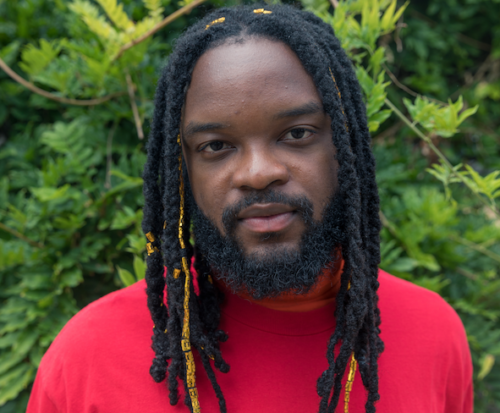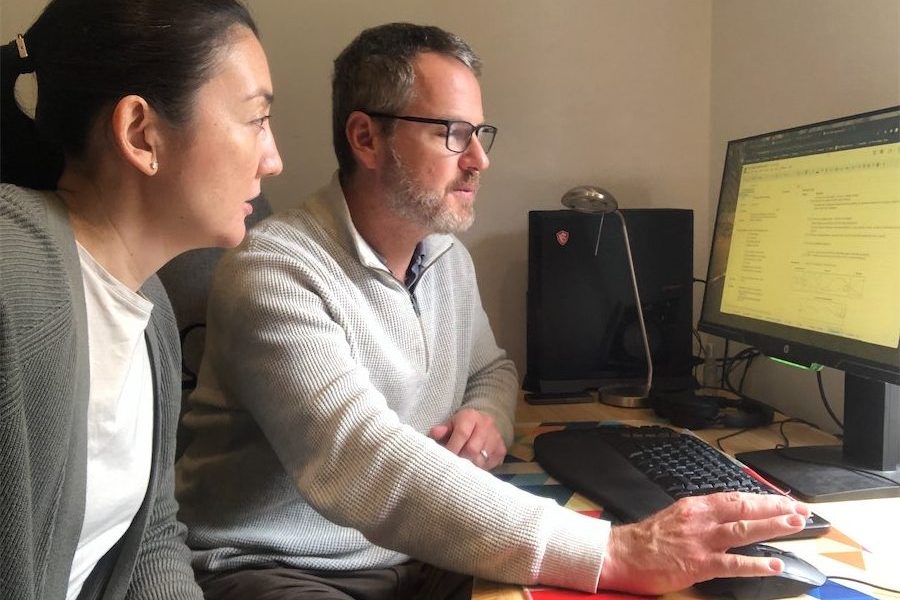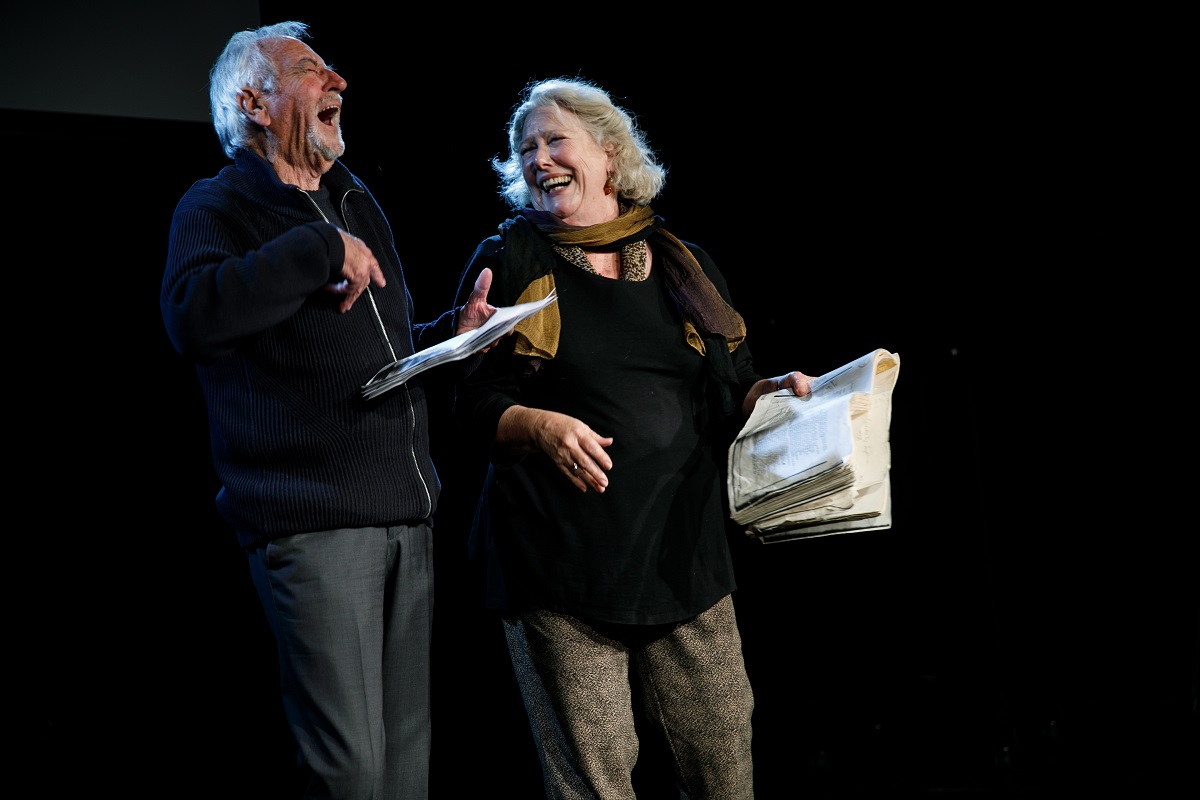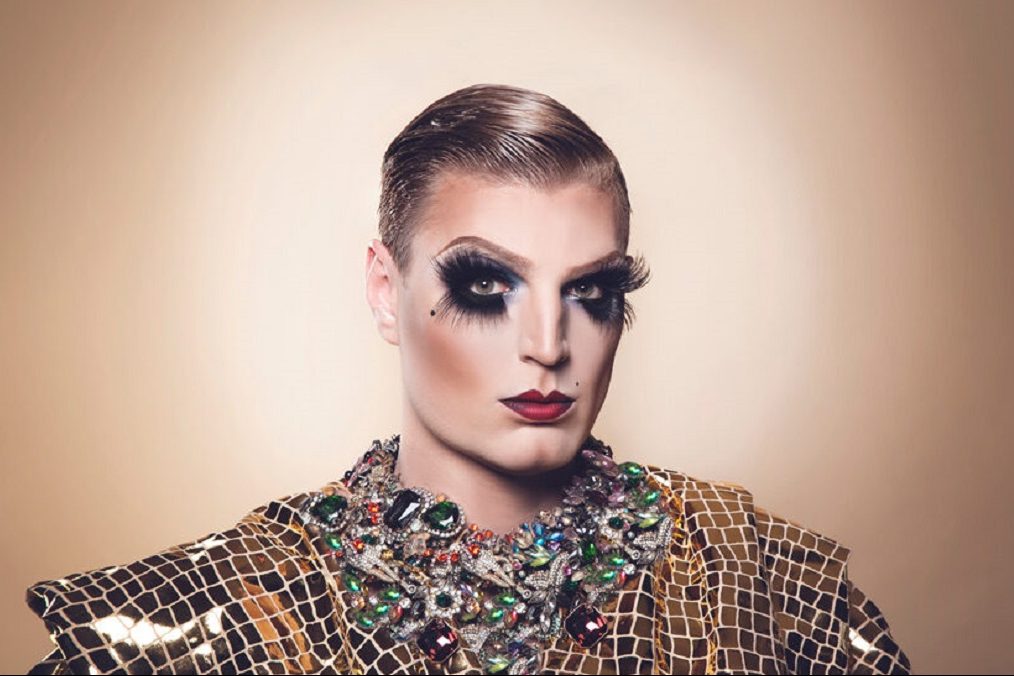
WHEN Kofi Owusu-Ansah’s father first shared his eclectic taste in music, little did he know he’d be introducing his son to sounds that would shape his life and career.
Kofi’s father would rummage through bargain bins for CDs.
“Anything with an interesting cover,” would be bundled up and taken home, to where Kofi was exposed to everything from Ray Charles and Bob Marley to Public Enemy and Missy Elliott.
For her part, Kofi’s mother also contributed to his musical upbringing. A leader in her local church choir, Kofi says she would play gospel music around the house.
The couple never let go of their Ghanaian heritage either, playing famous Ghanaian artists such as HighLife, says Kofi who sometimes adorns his live shows with traditional dress.
The 22-year-old hip-hop star is better known nowadays by his stage name Genesis Owusu and was only a stone’s throw from his family home when he sat down with “CityNews” in a Lanyon cafe, near his old high school.
It might seem like an odd place to find an artist making waves internationally, fresh off a string of Sydney shows with his debut album, “Smiling With No Teeth”, due out next month.
But, despite his success, Kofi still calls Canberra home and that’s something he doesn’t plan to change anytime soon.
“[Canberra] is a blank canvas I can paint my own colour on at will,” he says.
“My whole expression as a person has always been to be as me as possible and earlier on – and to this day – that has meant shutting everything else out. Canberra is the perfect place for that.”
Hip-hop has been a “pivotal culture” for Kofi.
“It’s really shaped me in a lot of ways,” he says.
But it was older brother Kojo, a hip-hop star in his own right performing under the name Citizen Kay, who first took to the genre.
Kojo hijacked the family study when Kofi was in high school, making it into a music studio.
Kofi, meanwhile, was slow to music. But when Kojo invited him to perform a verse on a music beat he had made, he gave in. That verse was turned into a song the brothers wrote together called “Ansah Brothers”.
It wasn’t long before things took off for Kojo and Kofi found himself at music gigs alongside his older brother and even started performing.
“My second-ever gig was Groovin’ the Moo with [Kojo],” he says.
But it was never his goal to pursue a “career” in music.
“For a long time music was just my main way of expressing myself,” he says.
Nonetheless, he started to gain attention for his work. Single tracks such as “Sideways” and “WUTD” drew attention from Triple J Unearthed and others in the industry.
In 2020 he received a profile from music magazine “NME” and was contacted by popular online music critic Anthony Fantano.
Despite the success, Kofi says he still felt constrained by single releases. He wanted to explore diverse sounds and new ways of telling stories.
Two themes he felt he now had the freedom to explore on the album, Kofi says, are depression and racism.
They intersect on the song called “The Other Black Dog”.
The track tackles Kofi’s own battle with depression – the “black dog” being a common symbol for depression – but also his experience with racism.
“I created the ‘black dog’ talking about depression, but then I realised I’ve also been called a black dog in a racial connotation and that’s where the two things collided,” he says.
Themes of racial violence permeate much of modern hip-hop, but Kofi says there’s something to be said for “black art” that isn’t focused on trauma and that being a “multi-faceted black artist” isn’t celebrated enough.
“Especially in the [music] industry that’s still very white dominated; in the process of trying to be an ally, white industry people will elevate art about black trauma more than they will about black joy and humanity,” he says.
“It works against itself sometimes because these stories need to be told but they don’t need to be the only stories told. Stories of black humanity from all facets need to be explored and that’s what I try to do on the album.”
“Smiling With No Teeth” is released on March 5.
Who can be trusted?
In a world of spin and confusion, there’s never been a more important time to support independent journalism in Canberra.
If you trust our work online and want to enforce the power of independent voices, I invite you to make a small contribution.
Every dollar of support is invested back into our journalism to help keep citynews.com.au strong and free.
Thank you,
Ian Meikle, editor





Leave a Reply